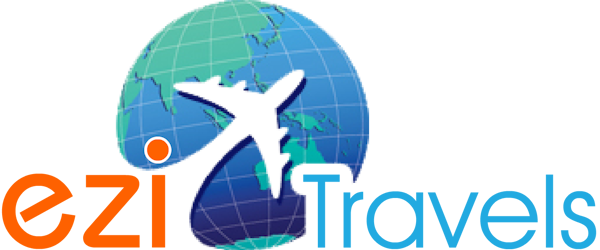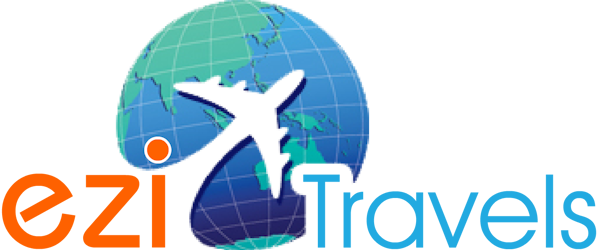How is travel changed?
The travel industry has undergone significant changes in the wake of the COVID-19 pandemic. Some of the key transformations include:
Health and Safety Protocols: The most noticeable change has been the implementation of stringent health and safety protocols across all aspects of travel. This includes enhanced cleaning procedures, mandatory mask-wearing, social distancing measures, and health screenings at airports and other travel hubs.
Digitalisation and Contactless Services: There has been a rapid adoption of digital technologies to minimize physical contact and streamline processes. This includes online check-ins, mobile boarding passes, contactless payments, and digital health passports.
Flexible Booking Policies: Airlines, hotels, and other travel providers have introduced more flexible booking policies to accommodate uncertain travel plans. This includes waiving change fees, offering flexible cancellation options, and providing travel credits for future use.
Shift in Travel Preferences: The pandemic has altered travelers' preferences, with a growing interest in domestic and outdoor destinations, as well as less crowded and off-the-beaten-path locations. Travelers are also placing greater emphasis on health, wellness, and nature-based experiences.
Rise of Remote Work and Bleisure Travel: With remote work becoming more prevalent, there has been a rise in "bleisure" travel, where travelers combine business trips with leisure activities. This trend has led to longer stays in destinations and increased demand for accommodations with amenities suitable for both work and leisure.
Sustainability and Responsible Tourism: There is a growing awareness and emphasis on sustainability and responsible tourism practices. Travelers are seeking out eco-friendly accommodations, supporting local communities, and minimizing their carbon footprint.
Recovery of Travel Demand: While the travel industry faced a significant downturn during the height of the pandemic, there has been a gradual recovery in travel demand as vaccination rates increase and travel restrictions ease. However, the recovery has been uneven across regions and sectors, with leisure travel rebounding faster than business travel.
Overall, the COVID-19 pandemic has fundamentally reshaped the travel industry, prompting stakeholders to adapt to new realities and prioritize health, safety, and flexibility in order to rebuild traveler confidence and sustainably navigate the road to recovery.

